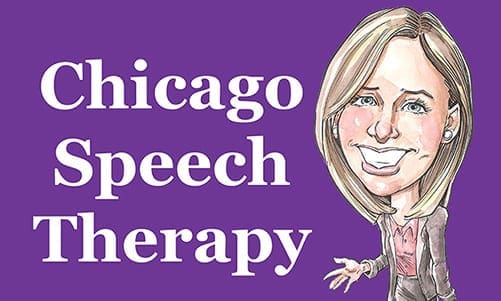What is the PROMPT Technique? PROMPT stands for “Prompts for Restructuring Oral and Muscular Phonetic Targets.” It is used to restructure the speech production capabilities of children with a variety of speech disorders, including apraxia. PROMPT utilizes specific techniques based on touch pressure, proprioceptive (the body’s sense of itself) and kinesthetic (tactile) cues to help reshape the way the brain …
How Does Speech Therapy Address a Speech Delay?
If your child seems to be struggling with speech development, or if you think that s/he should have a more complex vocabulary by a certain age, you’re not alone. Though speech comes naturally for most of us, it can be frustrating to know that your child is able to comprehend the world around him/her, while simultaneously having trouble expressing himself …
Los diferentes tipos de trastorno del procesamiento sensorial (TPS)
Sensory processing disorder, also known as sensory integration disorder or sensory integration dysfunction, is a neurological disorder dealing with the improper processing of environmental stimuli. Individuals with this disorder struggle to correctly absorb and react to sensory outputs such as light, sound, touch, and taste. Particular stimuli become very distressing, causing the individual to become visibly agitated or distraught. The …
Need a Speech Therapist in Chicago?: What You Should Look For
When your child is diagnosed with a speech disorder, one of the most challenging steps can be finding a good speech therapist. On paper, many therapists may appear similar, boasting similar credentials and proper licensing; but anyone who has ever sought medical attention from a professional can tell you that not all doctors or therapists are created equal. Educational Training …
Chicago Speech Therapy: The Effects of Sensory Processing Disorder
Sensory processing disorder (SPD) is a disorder in which individuals experience difficulty with processing information from their surrounding environment and reacting accordingly. Based on a physiological condition in the brain, common symptoms of sensory processing disorder in children include anxiety, inability to focus, agitation, or stubbornness. Every individual with sensory processing disorder reacts differently, mainly because the five senses play …
Las diferencias entre hiposensibilidades e hipersensibilidades en el trastorno de procesamiento sensorial
Individuals struggling with sensory processing disorder (SPD), a neurological disorder that affects the proper processing of environmental stimuli, have trouble functioning when presented with seemingly benign daily interactions with his/her surrounding environment. For example, typically normal occurrences, such as a loud car horn or blinking streetlight may not be processed accurately, or elicit an unusual reaction by a person with …
Words help people form mathematical concepts, study finds
A study based on research on deaf people in Nicaragua who never learned formal sign language showed that people who communicate using self-developed gestures, called homesigns, were unable to comprehend the value of numbers greater than three because they had not learned a language containing symbols used for counting. By contrast, deaf people who acquire conventional sign language as children …
What are signs or symptoms of feeding and swallowing disorders in children?
Children with feeding and swallowing problems have a wide variety of symptoms. Not all signs and symptoms are present in every child. The following are signs and symptoms of feeding and swallowing problems in very young children: arching or stiffening of the body during feeding irritability or lack of alertness during feeding refusing food or liquid failure to accept different …
How are feeding and swallowing disorders diagnosed?
If you suspect that your child is having difficulty eating, contact your pediatrician right away. Your pediatrician will examine your child and address any medical reasons for the feeding difficulties, including the presence of reflux or metabolic disorders. A speech-language pathologist (SLP) who specializes in treating children with feeding and swallowing disorders can evaluate your child and will: ask questions …
What treatments are available for children with feeding and swallowing disorders?
Treatment varies greatly depending on the cause and symptoms of the swallowing problem. Based on the results of the feeding and swallowing evaluation, the SLP or feeding team may recommend any of the following: medical intervention (e.g., medicine for reflux) direct feeding therapy designed to meet individual needs nutritional changes (e.g., different foods, adding calories to food) increasing acceptance of …
